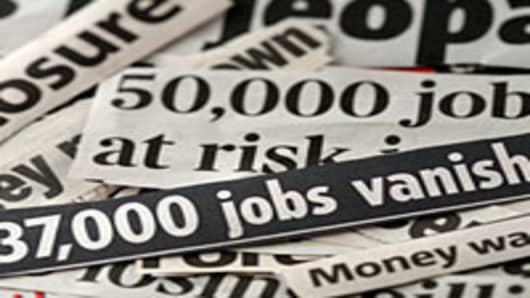The economics team at HSBC are predicting the US and European economies will spend the next few years in a permafrost, or sub-par growth.
HSBC’s global head of equity strategy is though not sure such a difficult economic environment means stocks in the US and Europe will underperform.
“Perhaps, like some species of spruce tree, equities might do quite well in permafrost. As long as emerging markets growth remains robust, earnings for US and European companies can grow at a faster rate than their local economies,” said Garry Evans in a research note on Friday.
Noting that large listed companies are seeing far stronger earnings growth than small, credit-constrained private businesses, Evans believes the correlation between stocks and economic growth is poor.
“Valuation matters much more. On most measures, equity valuation is back to the level of the early 1980s. With interest rates low, dividend discount models make equities look particularly cheap,” Evans said.
With the economic situation in the US and Europe mirroring that of Japan in the 1990sand 2000s in Evans' view, he believes stocks will perform differently to those on the Nikkei over the last two decades.
“From a stock market point-of-view, there are big differences. Four years after Japan’s financial crisis began, its market traded on a PE of 60x; the US today trades on 12x,” said Evans.
“Japanese companies were slow to restructure: earnings did not recover to the peak level for 14 years; in the US, they already have. One lesson from Japan is that its market became much more cyclical. That makes the current call on the cycle crucial,” he added.



